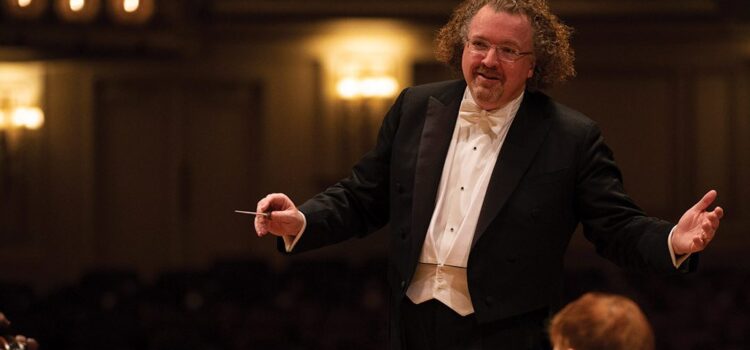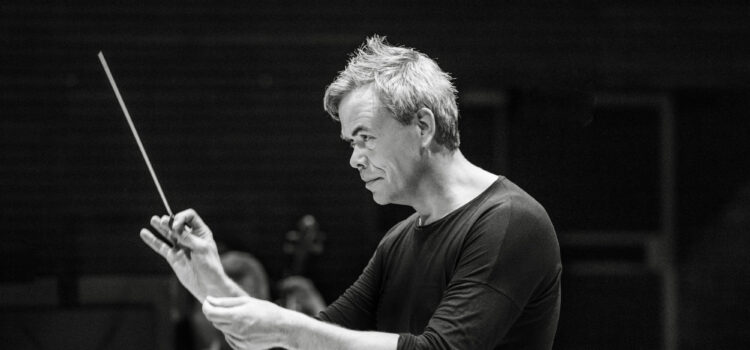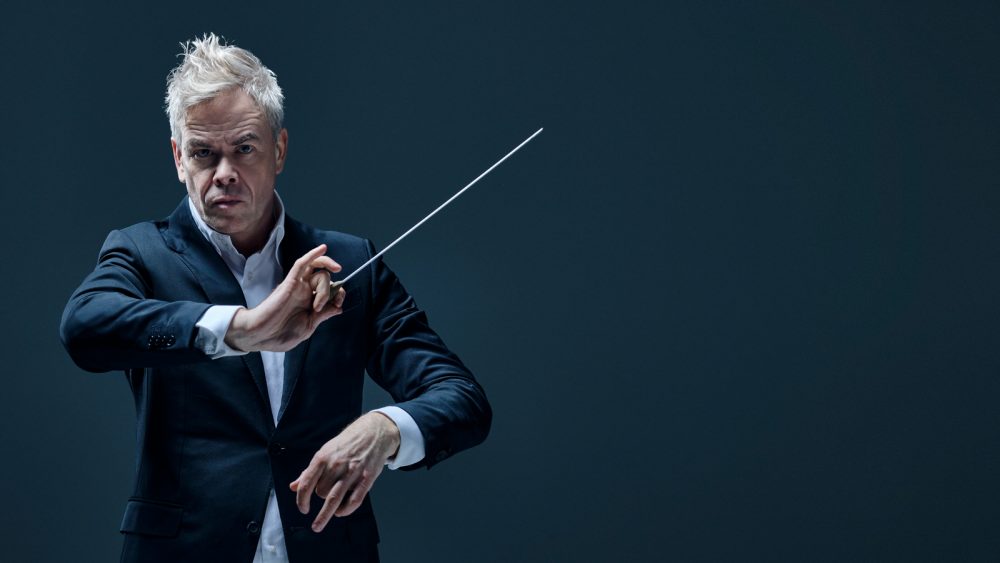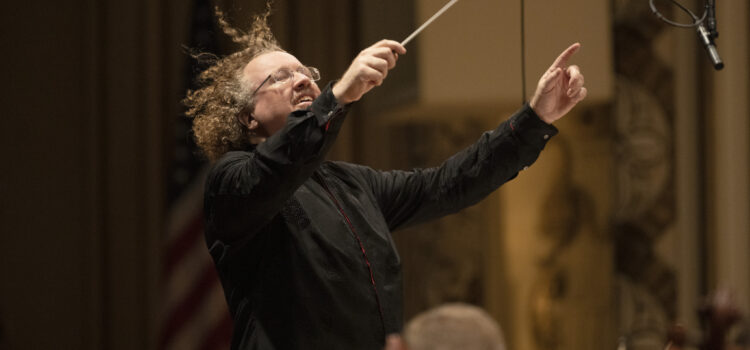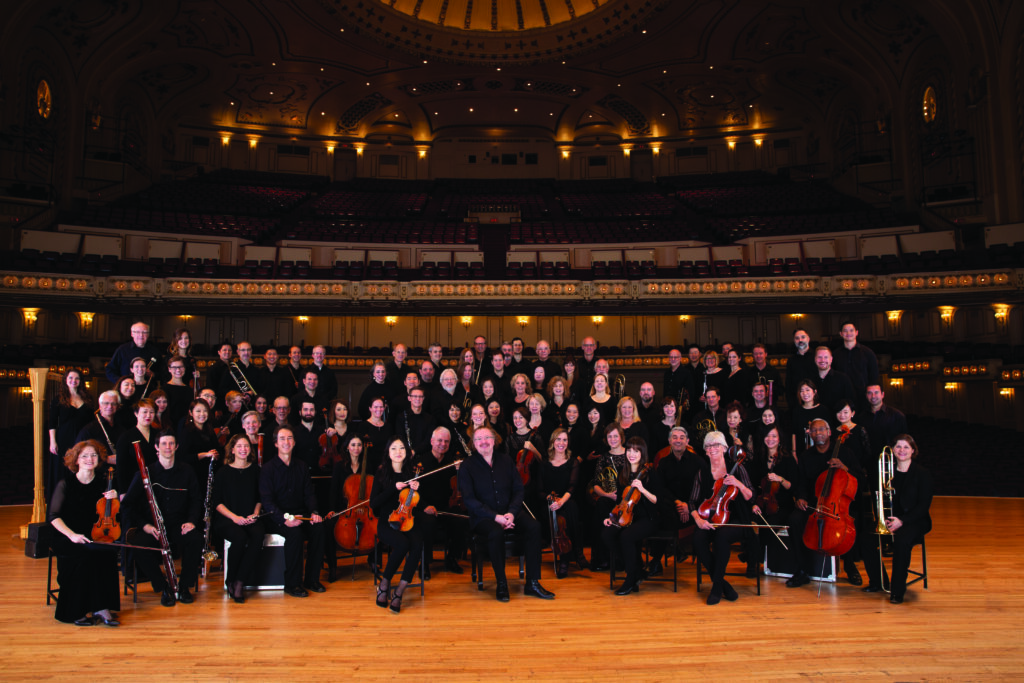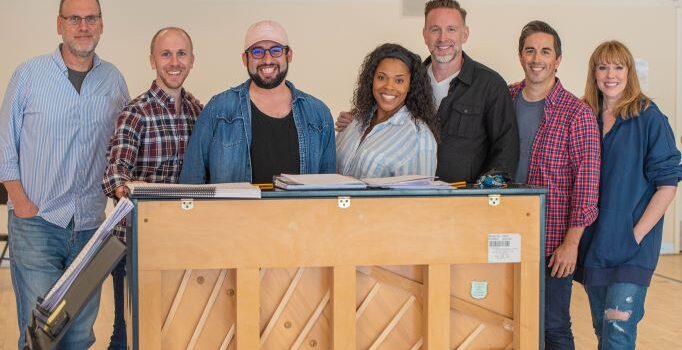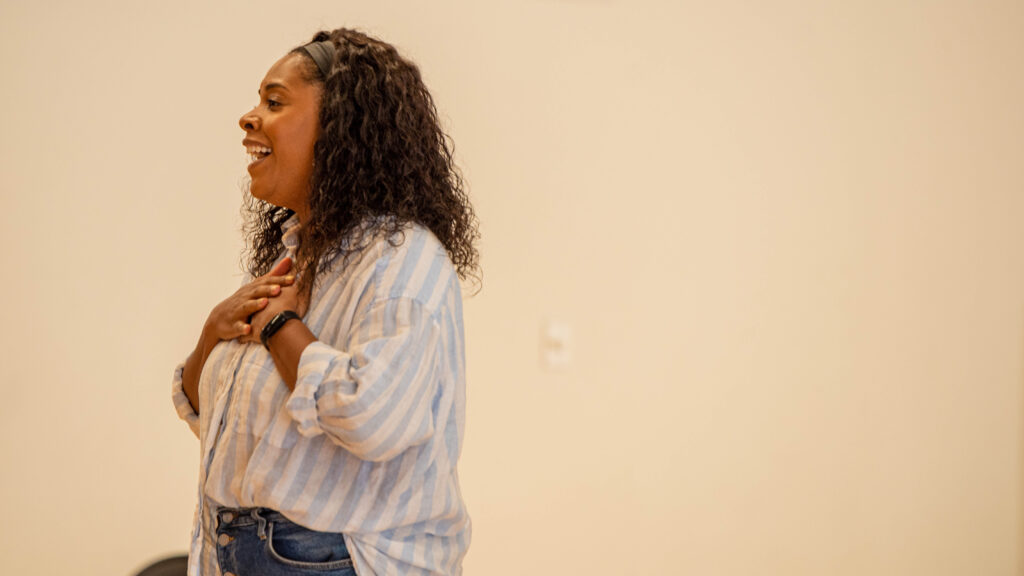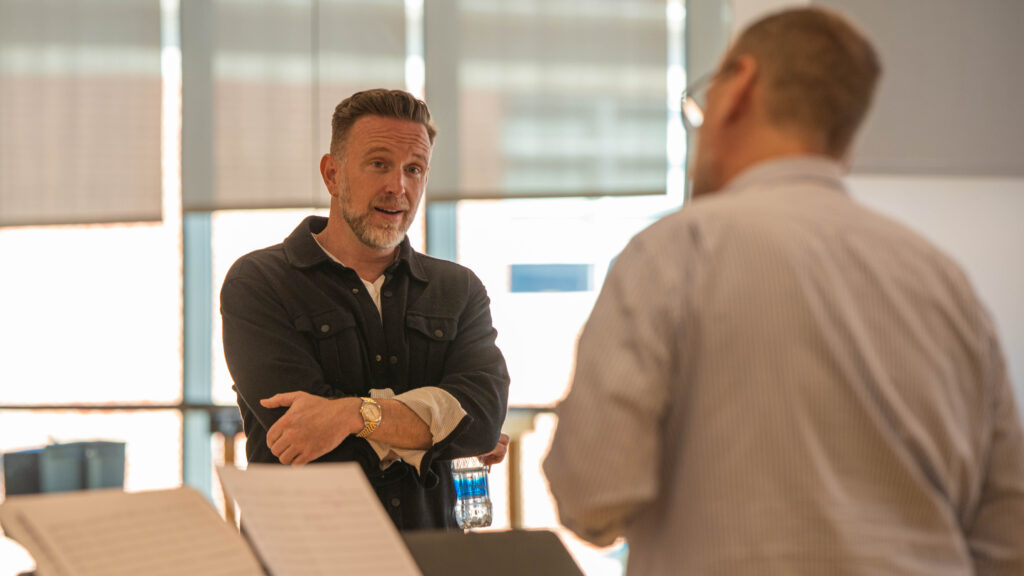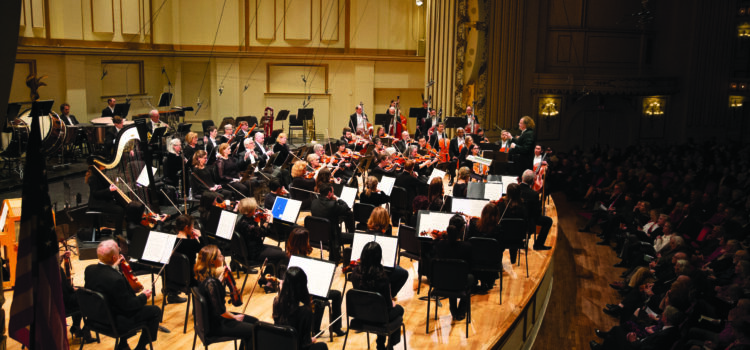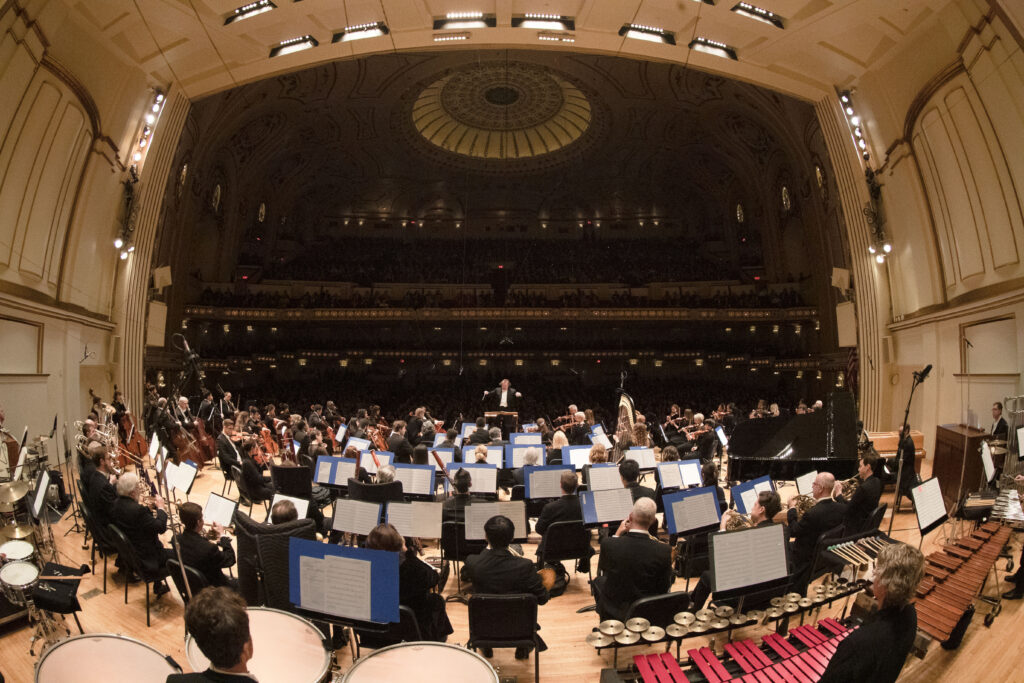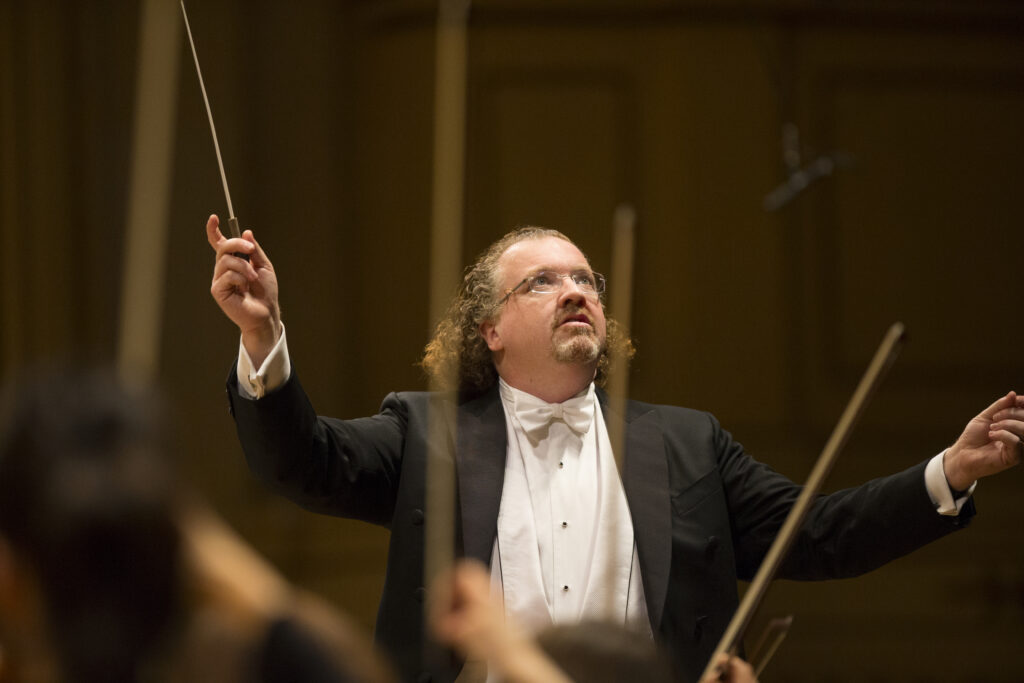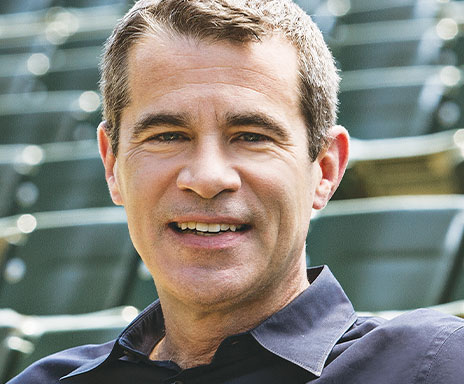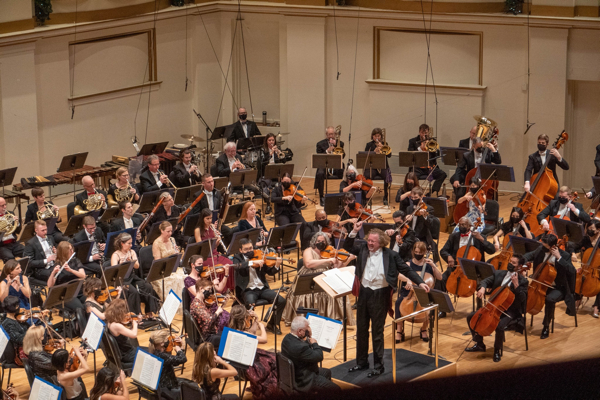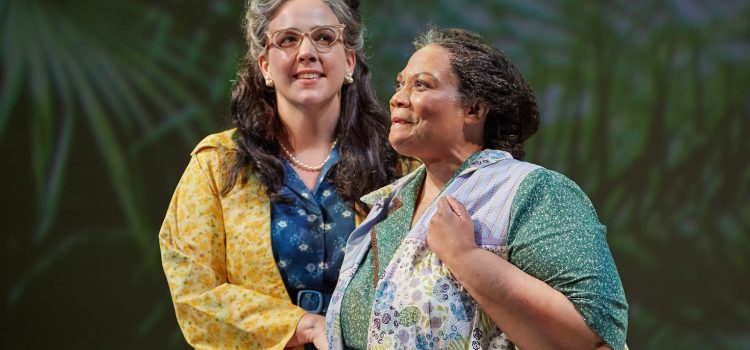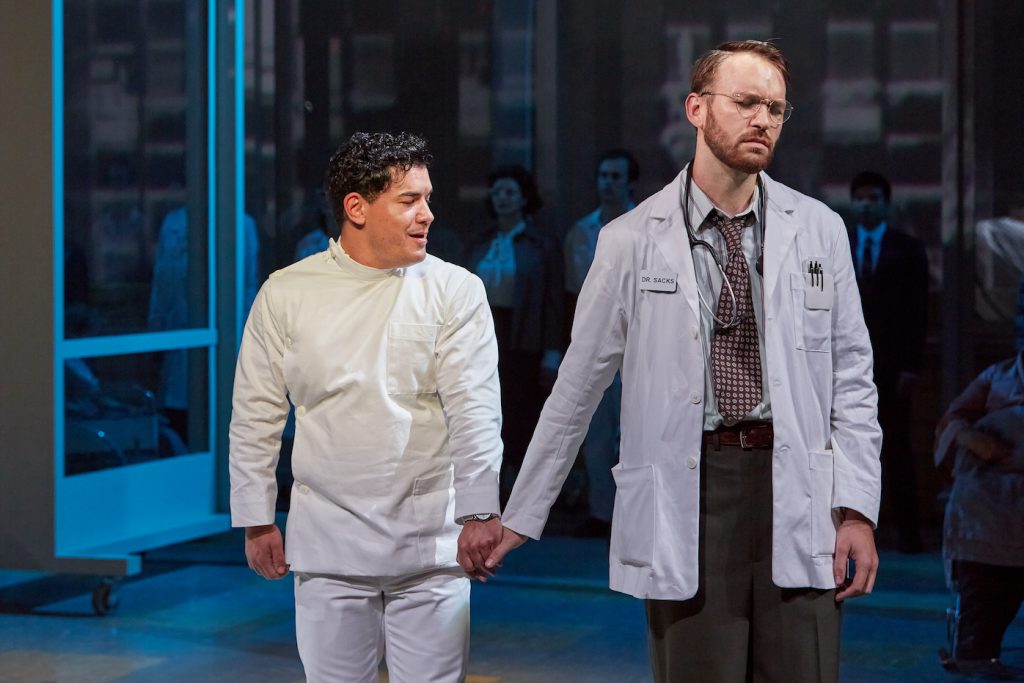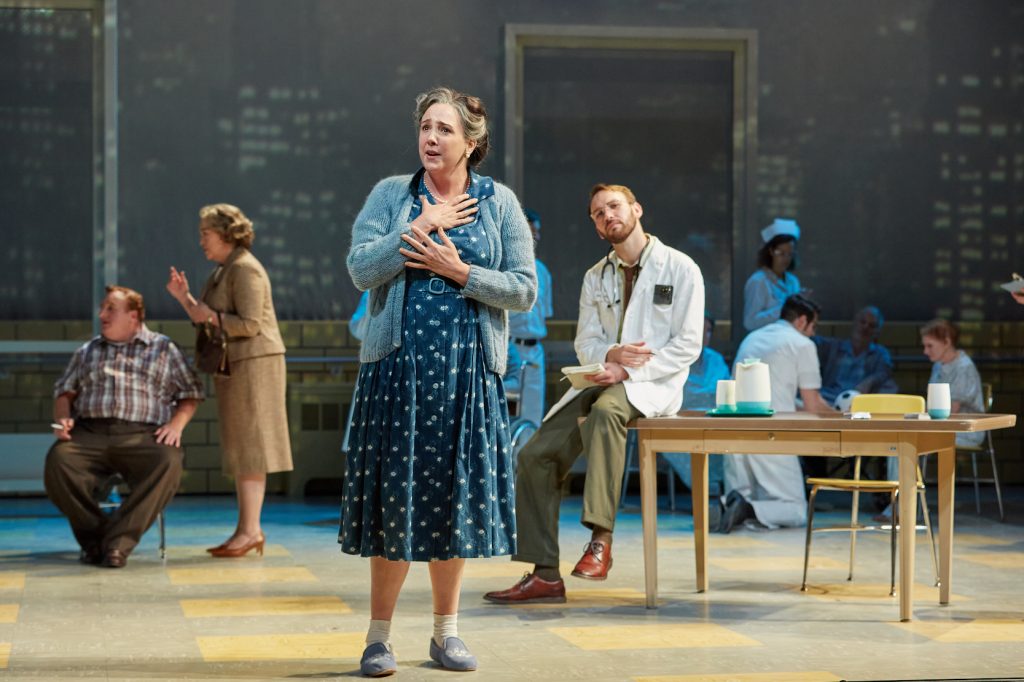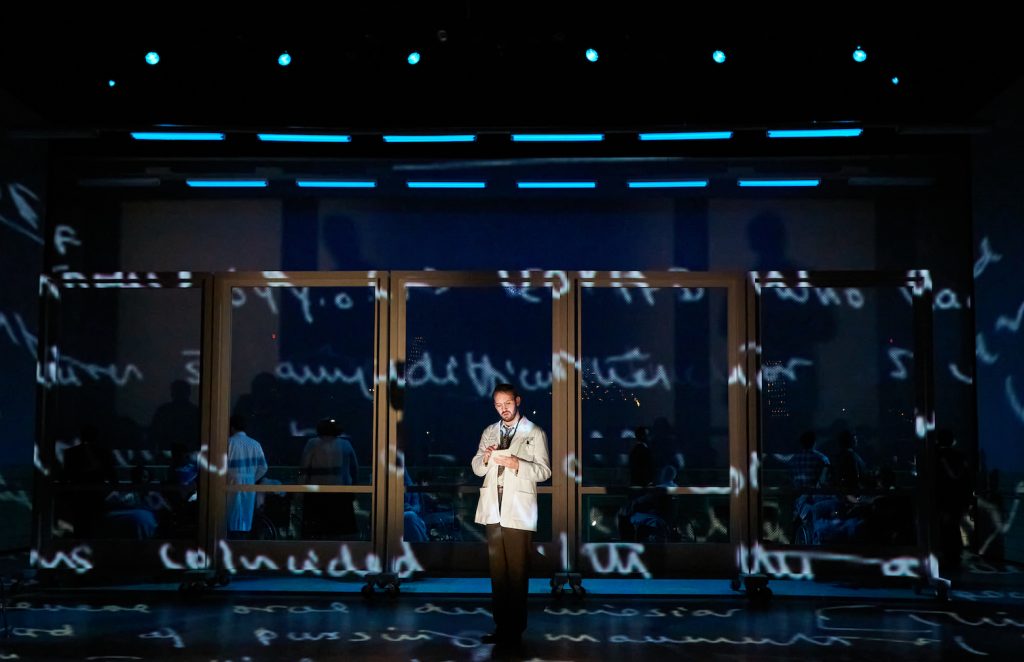By CB Adams
It goes against form to start a symphony review (or any review for that matter) by pointing out the limits of words to describe a performance. Even the inestimable writer Virginia Woolf, when attempting to describe paintings in a 1920s essay, wrote, “But words, words! How inadequate you are! How weary one gets of you.” If words can fail the masterful Woolf, there’s not much hope for the rest of us – though she more than adequately spent the rest of the essay brilliantly describing the art, anyway.
Still, words are our medium. Thus, perhaps the best that can be said for the Friday, Oct. 21 performance of the St. Louis Symphony Orchestra, directed by Stéphane Denève, is: You had to be there. The same could no doubt be said for the Oct. 22 performance, too.
If you were there, you know how the orchestra, along with the SLSO Chorus, performed a powerfully emotional quadtych of complementary compositions (two by Francis Poulenc, and one each by Florent Schmitt and Reena Esmail). Denève has an avowed passion for Poulenc, a sentiment he reinforced in his introduction to the evening’s performance. “I looooove Poulenc!” he proclaimed from the podium.
Poulenc comprised the second half of the evening’s bill, and Denève avoided giving the Schmitt and Esmail compositions short shrift by describing the interconnected themes of love, faith, dedication and sacrifice. The well-considered choices to explore these themes added up to an entirely fulfilling and engaging experience while locally premiering Esmail’s “Testament” (From “Vishwas”) and the 12-movement “Stabat Mater” by Poulenc.

The strength of this concert was, at a macro level, the focus on love, faith, dedication and sacrifice. That focus was often filtered through a religious perspective. “Testament,” the final movement of a three-part composition for classical Indian dancer and orchestra, illuminates the fervent belief and hunger strike of a 15th-century poet.
Schmitt’s “The Tragedy of Salome,” is a symphonic suite that presents the sacrifice of virginal innocence, exemplified by its femme fatale protagonist, Salome of Biblical fame. The piece climaxes with a Stravinskian crash in the “Dance of Fear” movement.
Poulenc’s “Stabat Mater” uses the setting of a 13th-century hymn in Latin to the Blessed Virgin Mary’s reaction to the crucifixion of Jesus. The final scene from his opera “Dialogues of the Carmelites” presents a cast of nuns conversing about “anguish, fear, and the human condition.” It ends with their systematic beheadings, complete with guillotine sound effect.
Heavy stuff – indeed. But words fall short of the ultimately cathartic and uplifting nature of the SLSO’s performance. It was akin to attending a Greek tragedy. As Friedrich Nietzsche has observed: experiencing tragedy through art can lead to a meaningful affirmation of our own existence.
The success of this slate of compositions relies on the pieces themselves, the interplay of styles, themes and influences, and the performance by the SLSO and chorus. The sequence of pieces began with a religious person’s hunger strike, continued with the decapitation of John the Baptist, focused on the intense loss of Jesus’ crucifixion and concluded with the execution of 16 nuns. Although this description might sound unappealingly grisly, it was anything but. In sum, it was a satisfying, cerebral experience.
The orchestra, under Denève’s direction, was clean, confident and balanced – as usual. The “exotic” elements in the Esmail and Schmitt compositions were not exaggerated. Neither were the 16 uses of the guillotine sound effect during the “Dialogues of the Carmelites.” The effect was quite similar to the one used during The Muny’s production of “Sweeney Todd” this past summer.
The addition of the chorus, guest directed by Scott Allen Jarrett, for the Poulenc pieces was a welcome addition and filled the stage with an aural presence that only a large choir can bring.

The highlight of the performance was certainly the SLSO debut of soprano Jeanine De Bique. Clad in blood red gown among the more soberly black dress of the rest of the musicians, De Bique delivered a beautiful and commanding performance, especially during the “Stabat Mater.”
The choice of works was innovative and balanced, and it certainly fits within this season’s overarching goal of journeying the world through music – compositions and musicians.
Through the fervency expressed in the works individually stood on their own, it was the cohesive ways the fit together to create a whole experience that proved most successful.

CB Adams is an award-winning fiction writer and photographer based in the Greater St. Louis area. A former music/arts editor and feature writer for the St. Louis Globe-Democrat, his non-fiction has been published in local, regional and national publications. His literary short stories have been published in more than a dozen literary journals and his fine art photography has been exhibited in more than 40 galley shows nationwide. Adams is the recipient of the Missouri Arts Council’s highest writing awards: the Writers’ Biennial and Missouri Writing!. The Riverfront Times named him, “St. Louis’ Most Under-Appreciated Writer” in 1996.

